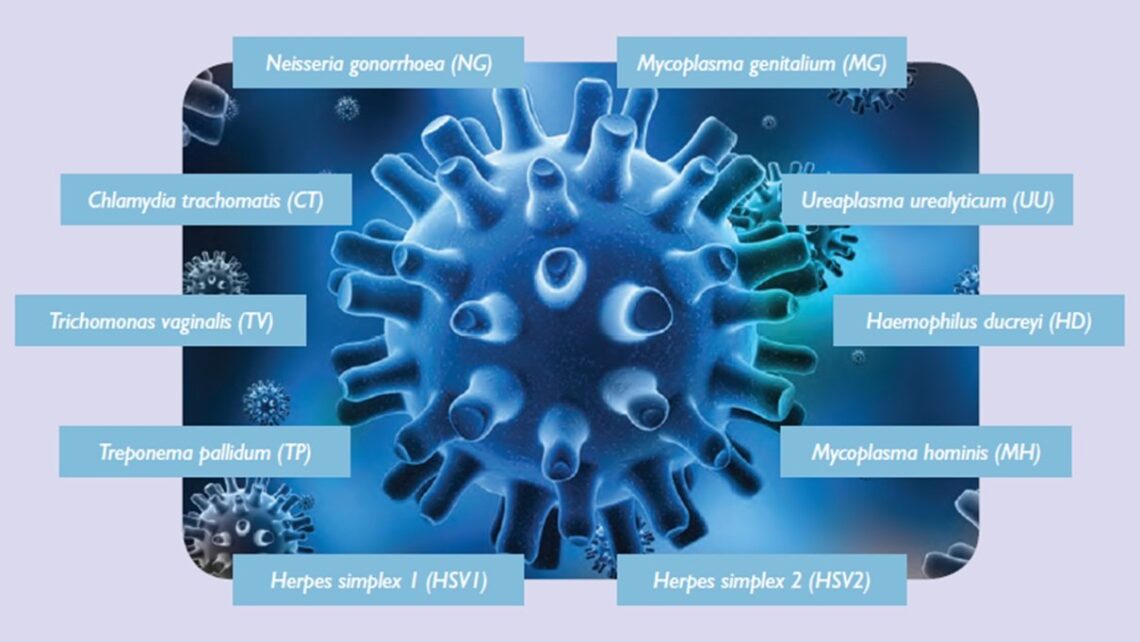IB Research: avoiding sexually transmitted diseases in egg donors.
15-12-2015

Assuring the best quality and health guarantees of donated gametes for our egg receptor patients has led us to take into account other aspects. As well as the usual tests for egg donor candidates (karyotyping, screening for cystic fibrosis, fragile X chromosome syndrome, genetic study for Thalassaemia, muscular spinal muscular atrophy, amongst others), tests to determine if they are carries of sexually transmitted diseases which are often asymptomatic but which could have a negative effect on the treatment are carried out.
Nowadays, there is a significantly greater prevalence of sexually transmitted diseases (STDs) in the developed world. Some of the micro-organisms responsible for these STDs, such as Ureaplasma, Chlamydia, Mycoplasma and Gonorrea, can lead to fertility abnormalities. If such infections are not detected and treated, they can cause serious reproduction issues. Therefore, and taking into account the health implications, adequate screening for diseases of this kind is important.
Results obtained following analysis of the presence of micro-organisms which cause different sexually transmitted diseases amongst egg donor candidates on the donation programme at Instituto Bernabeu were presented in the VIII edition of the Congress organised by the Spanish Association for the Study of Biology and Human Reproduction. The analysis was carried out on 267 egg donor candidates in 2014. In order to achieve the goals, an innovative microarray test which can detect 10 possible different infections in one go was used. The technique is called STI-Multiplex Array and requires the use of urogenital swabs.
Further to the analysis of different pathogens, an STD incidence rate of 29% was obtained amongst the egg donors. Of these, 29.3% had one or more STDs. The pathogens which were most prevalent amongst the egg donors were Mycoplasma hominis (48.8%), Ureaplasma urealyticum (40.2%) and Chlamydia trachomatis (26.8%). DNA from Treponema pallidum, Neisseria gonorrhoea and Herpes simplex virus types I and II was not detected in any of the donors undergoing the analysis.
Our research indicated a high frequency of sexually transmitted diseases (STDs) in the group of candidates for egg donation. More specifically, those caused by Mycoplasma hominis, Ureaplasma urealyticumand Chlamydia trachomatis. Given the incidence rate of one or more STDs in the study group, screening for this type of diseases is advisable in order to prevent the transmission of infections to recipients.
Research title:
Prevalence of sexually transmitted diseases (STDs) in asymptomatic egg donors. E. García-Hernández, JA. Ortiz, B. Lledó, R. Morales, A. Fabregat and R. Bernabeu.
View more scientific publications of Instituto Bernabeu
